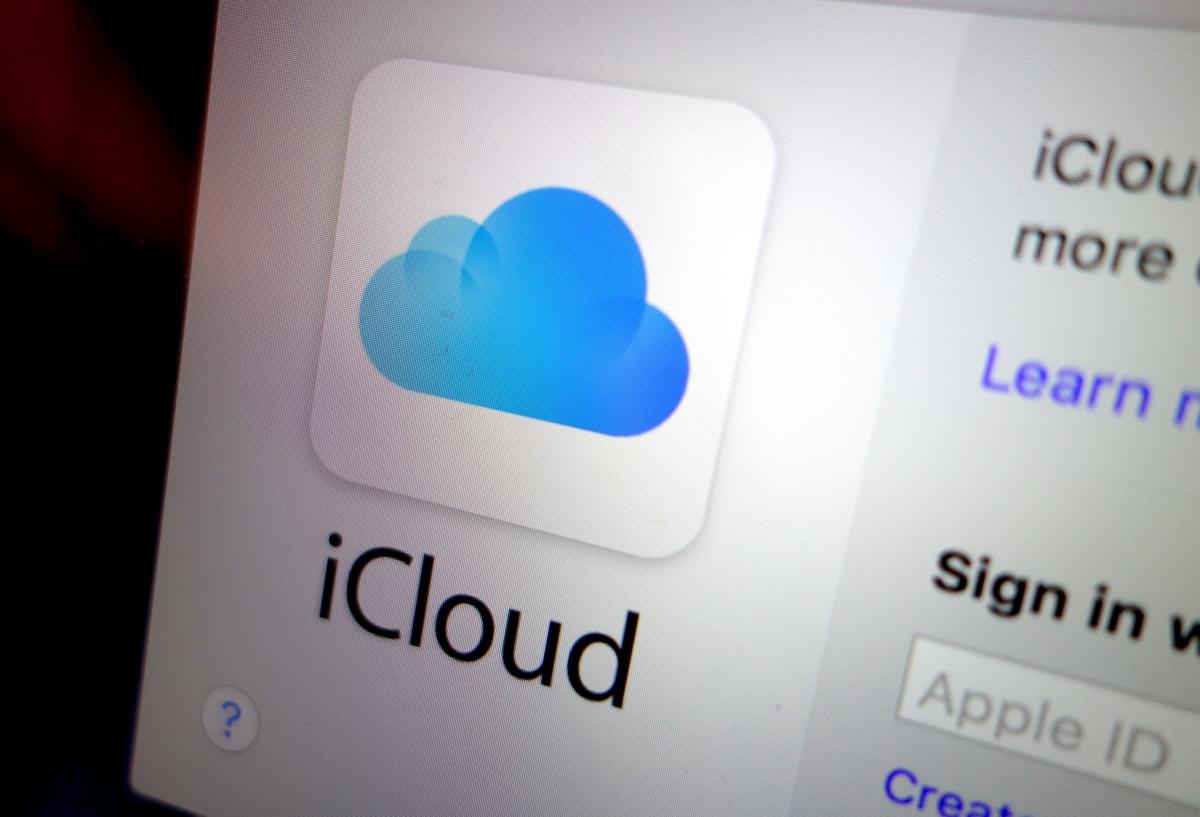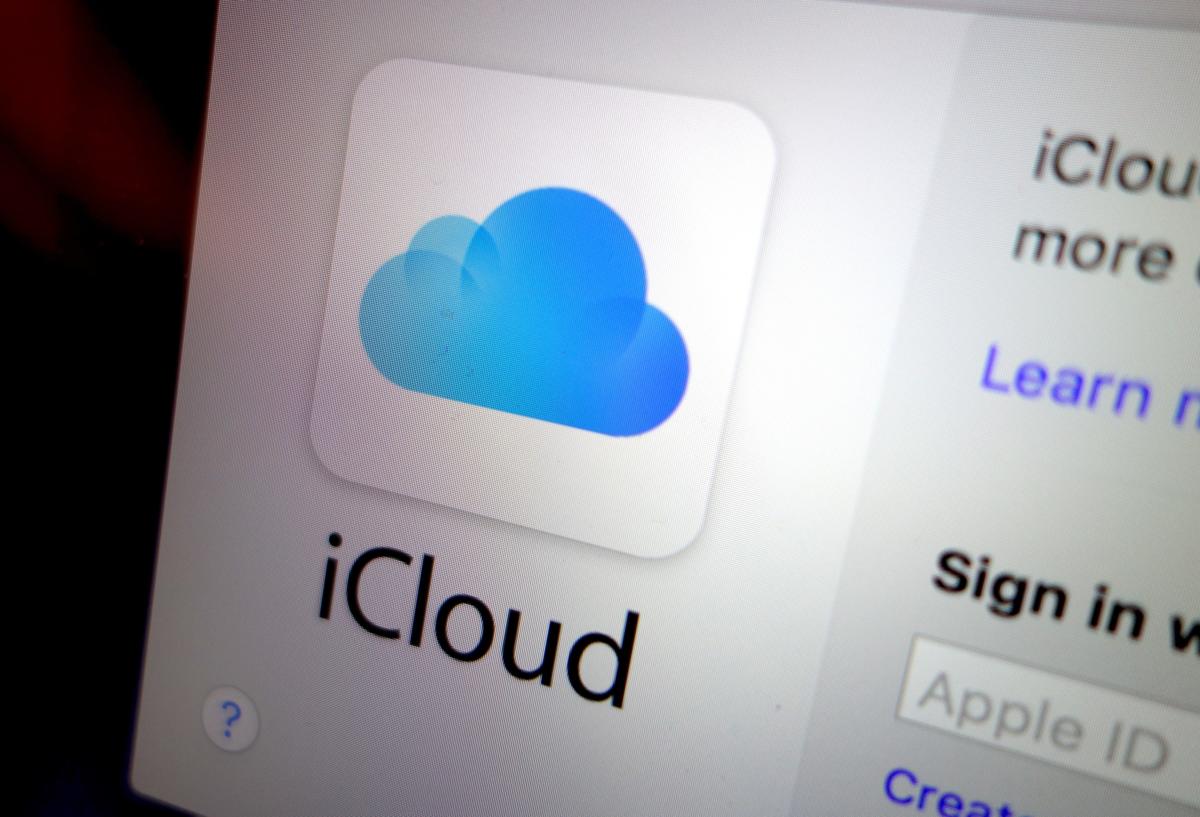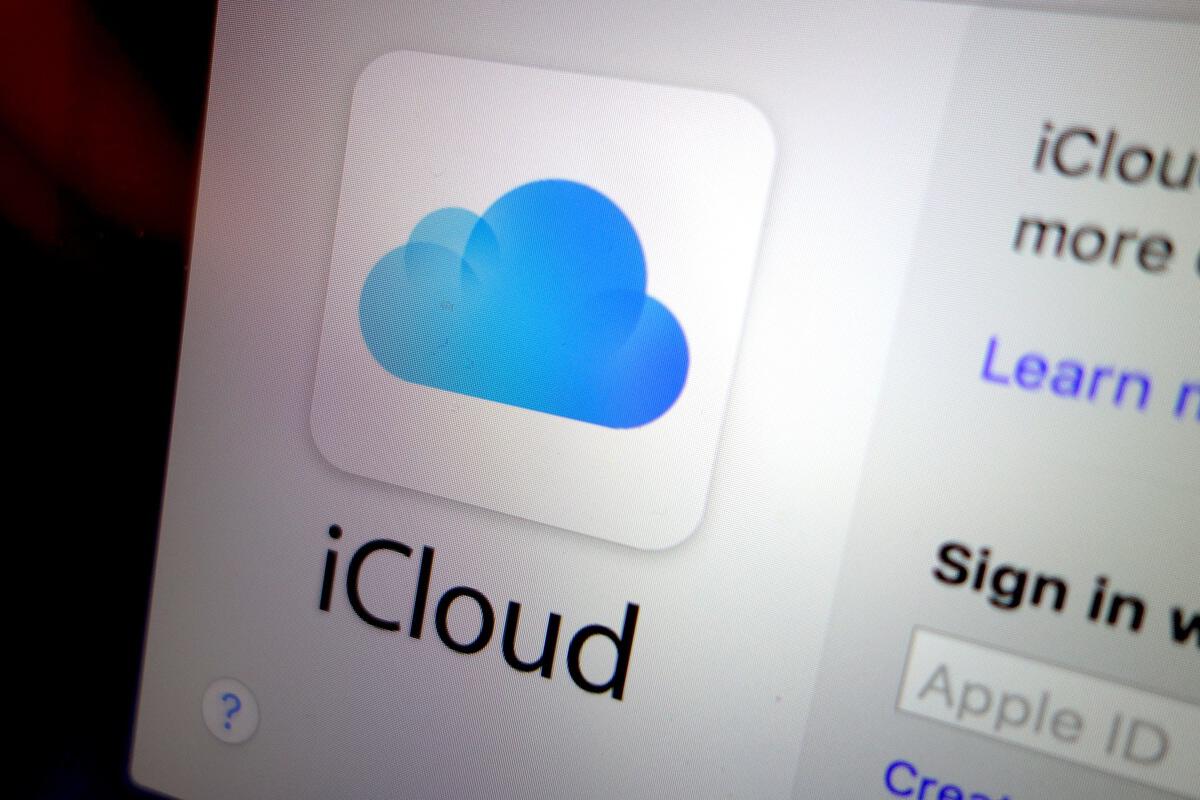
Apple has updated its iCloud for Windows application, a move that hints at the future introduction of support for an extension that enables the use of iCloud passwords via the Chrome browser on Windows.
Everyone is multi-platform nowadays
The updated app — invaluable for any Windows 10 user — also brings improvements in the Folder Sharing user interface, making it much easier to access and share folders across any supported platform.
iCloud for Windows is a must-have tool for anyone who uses iCloud. That could be any of the millions of recent switchers who own an iPad or iPhone but mainly use a Windows PC, or anyone else using multiple platforms.
Once the new version is installed, users should find a new “Passwords” section in the app with an iCloud Keychain logo. Chrome support isn’t yet complete, pending publication of an iCloud Passwords extension for Chrome, but most reports believe this is imminent.
Chrome, Windows and iCloud
Once it’s installed, Windows users will be able to access iCloud Keychain passwords on Windows via the Chrome browser. Apple’s only other Chrome extension is for iCloud Bookmarks, as 9to5Google notes.
The software lets users keep photos, videos, mail, calendar, files, and other important information in iCloud up to date and available on your Windows PC. The tool is quite sophisticated — when it comes to photos it will keep “lightweight versions” of images on your PC, and will automatically sync bookmarks from most browsers to stay up to date with Safari.
Essentially it acts as a glue to ensure all your most important information (including documents, images and more) remains available and in sync across all your devices.
Things have changed
It is interesting to reflect the extent to which these features echo those of iSync, which Apple introduced at one of the last Apple Expo Paris events in 2002. I was at that show in Paris when then-CEO Steve Jobs called iSync, “the beginning of something really big,” describing it as the “arrival of Mac to mobile.”
iSync let Mac users synchronize their address books and calendars with pre-smart phones, iPods, and Palm OS devices. It made use of the open SyncML standard, and while the software that underpins these solutions has changed across the decades, iSync for the Mac was a clear desiderata in favor of the multi-device, multi-platform and heterogenous world that now exists.
It may be historically relevant to observe that just a few months later, Apple introduced iTunes for Windows, describing the introduction as like “giving a glass of ice water to somebody in hell.”
This brought the iTunes Store and iPod support to Windows users, kick-started the iPod halo and ultimately set the stage for iPhone — and, on consideration, even M1 Macs.
It’s a multi-platform world today.
All about iCloud for Windows
iCloud for Windows requires a PC running Windows 10 and a user signed into their Microsoft account to install. The software can be installed on up to 10 Windows devices and can be downloaded here.
Once installed and set up, iCloud for Windows lets you work seamlessly with iCloud on your PC – making it super-easy if you use a Windows machine at work, a Mac at home and an iPhone or iPad at other times.
It means you can:
- Access your iCloud Drive files using File Explorer.
- Download files and folders to your PC.
- Store items in iCloud Drive and access them using an iOS device, Mac or Windows system, or online at iCloud.com.
- Share and collaborate on files from within File Explorer – edits will be synced across all your devices.
- Create and share albums of images and videos online.
- Update and manage your iCloud account.
You can find out more about using iCloud for Windows here.
Please follow me on Twitter, or join me in the AppleHolic’s bar & grill group on MeWe.



